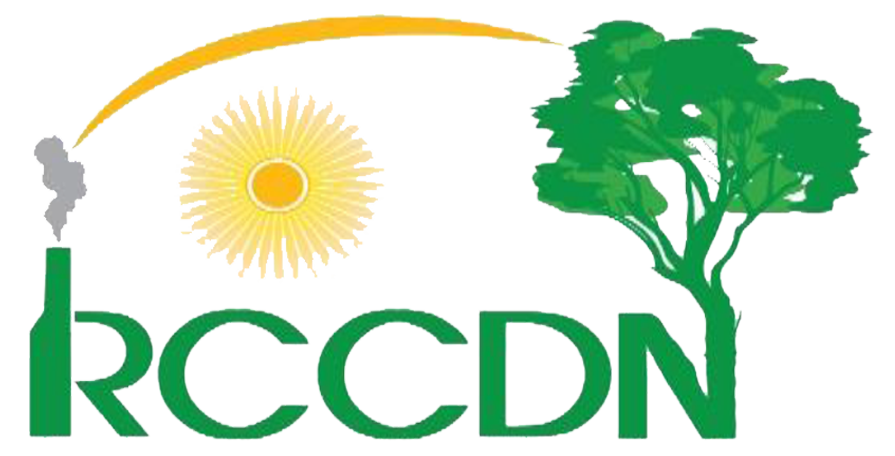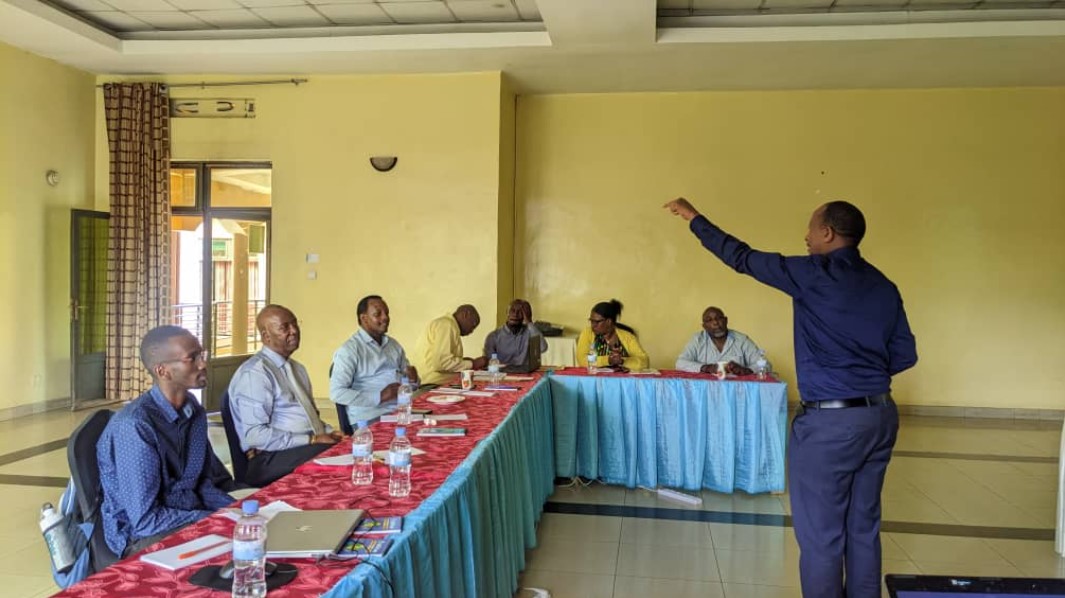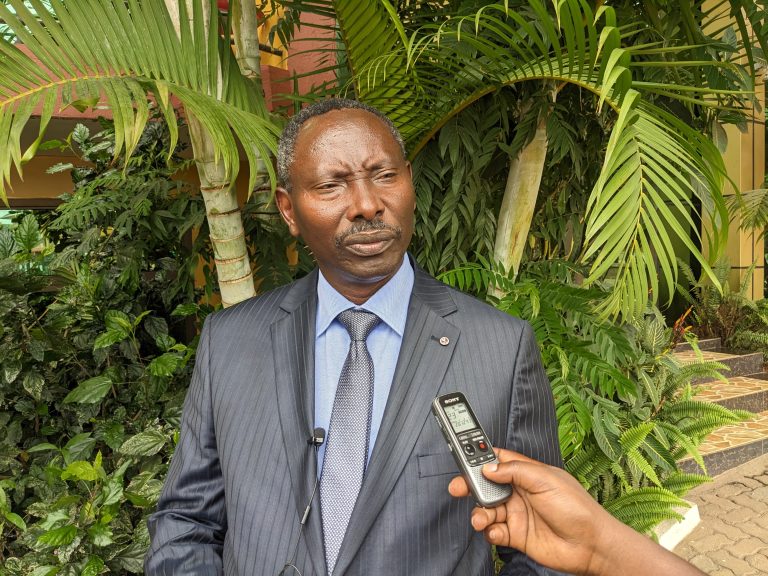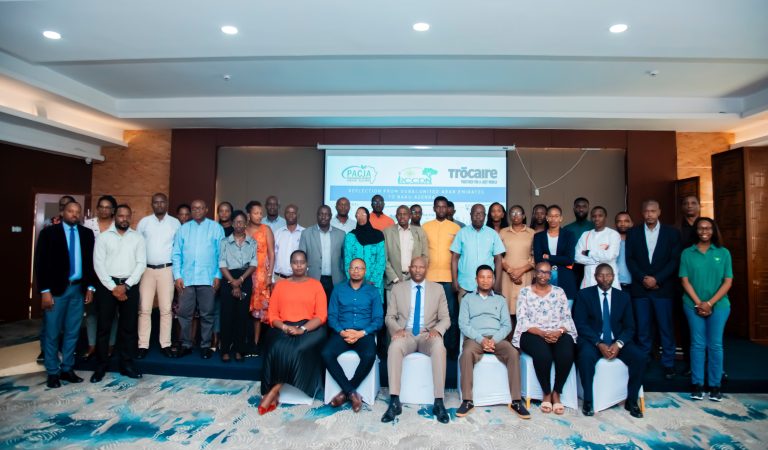Rwanda Climate Change Developmental Network (RCCDN) kickstarted the Health, Water, Sanitation and Hygiene thematic workgroup training, among others. The workshop was held at Hilltop Hotel in Kigali on Friday, April 28, 2023.
Following the other thematic working group on forest, land restoration, and mining the two were conducted parallel. Driven by the goal of bringing together various NGOs within the said thematic working group health, water, sanitation and hygiene to learn and discuss in-depth, the critical areas of focus crucial in advancing the various sectors forward. Many of the discussion areas were centred around raising awareness of the importance of preserving human livelihoods by focusing on improved service provision.
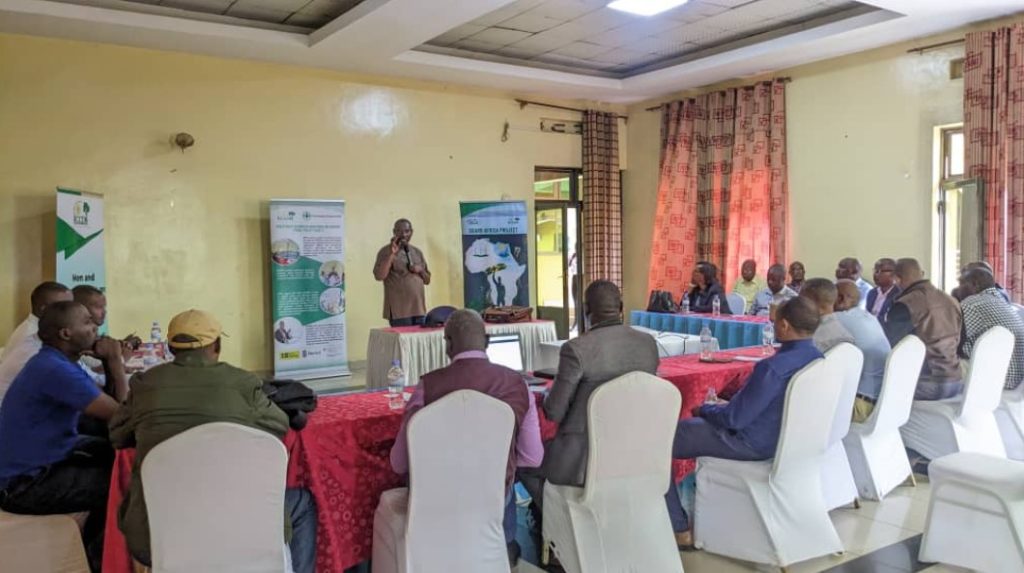
The two thematic groups were parallel
Health, in particular, was an essential element of discussion and was seen as a core issue connecting other segments together. Precisely, the need to educate people on planned crop cultivation and the improvement of land-use management through Agro-Ecology.
The functioning symbiotic relationship between water and sanitation is generally viewed as a precursor to hygiene, both on an individual and public level. During the training, emphasis was put on the need to educate youth; especially, on the importance of better living conditions. In light of this, access to clean, reliable and affordable water and the improvement of waste management services were seen as vital focus points for social welfare.
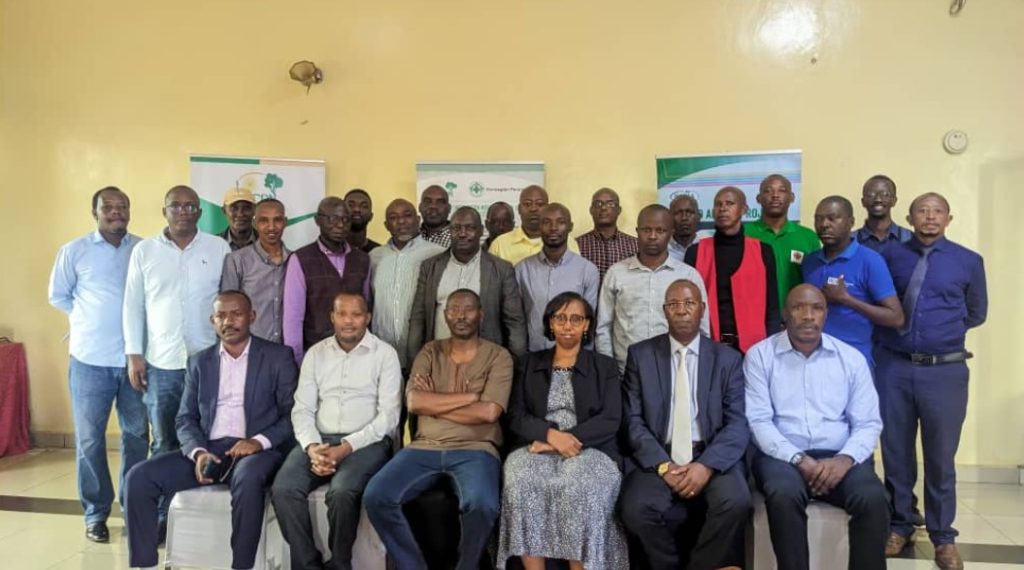
Different NGOs came together to ensure the best
A few stumbling blocks were thought to be anticipated in the efforts to meet societal needs. Particularly, concerns were directed towards government policies and how they would be implemented without difficulty or contradictions.
Nevertheless, members of the workgroup felt these challenges could be assuaged through continuous lobbying and advocacy, as well as theoretical clarity in project proposals that would help in resource mobilisation and capacity-building initiatives.
With the help of: Michael Owen Ngoga
